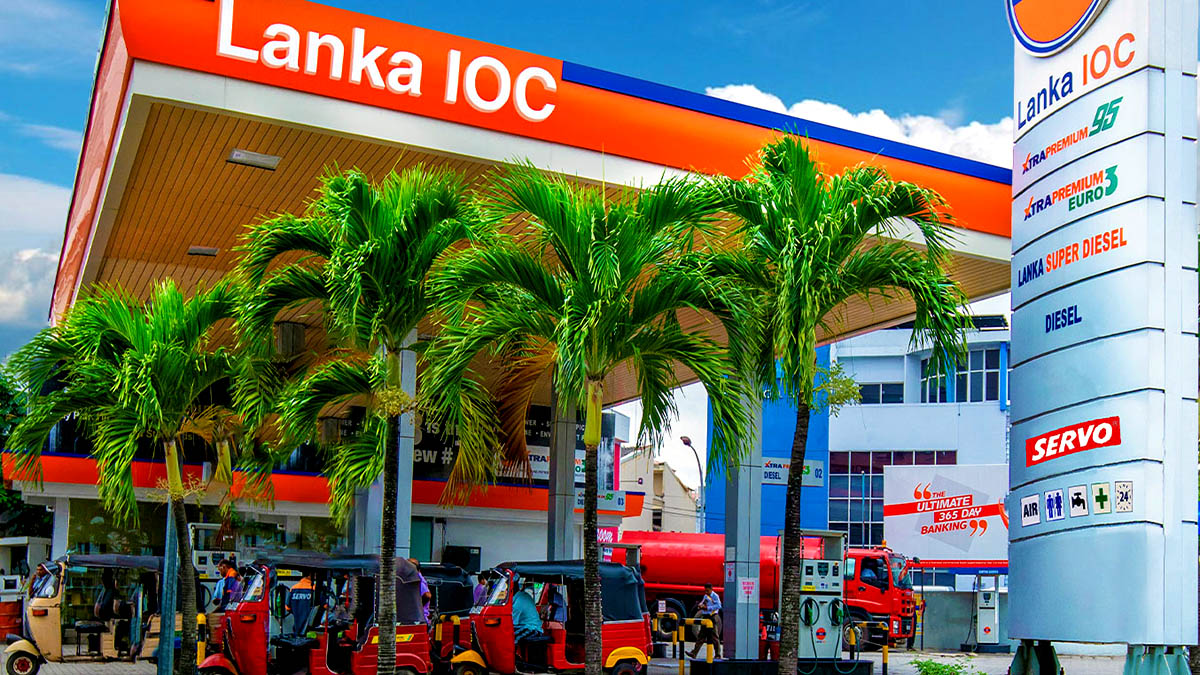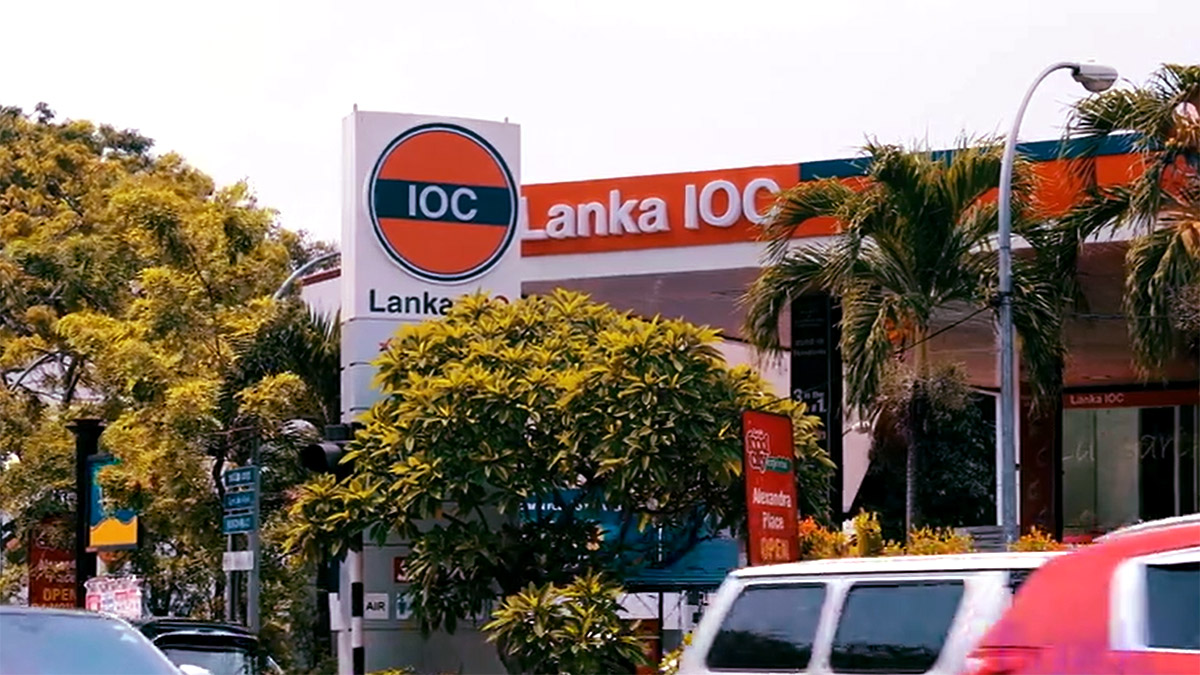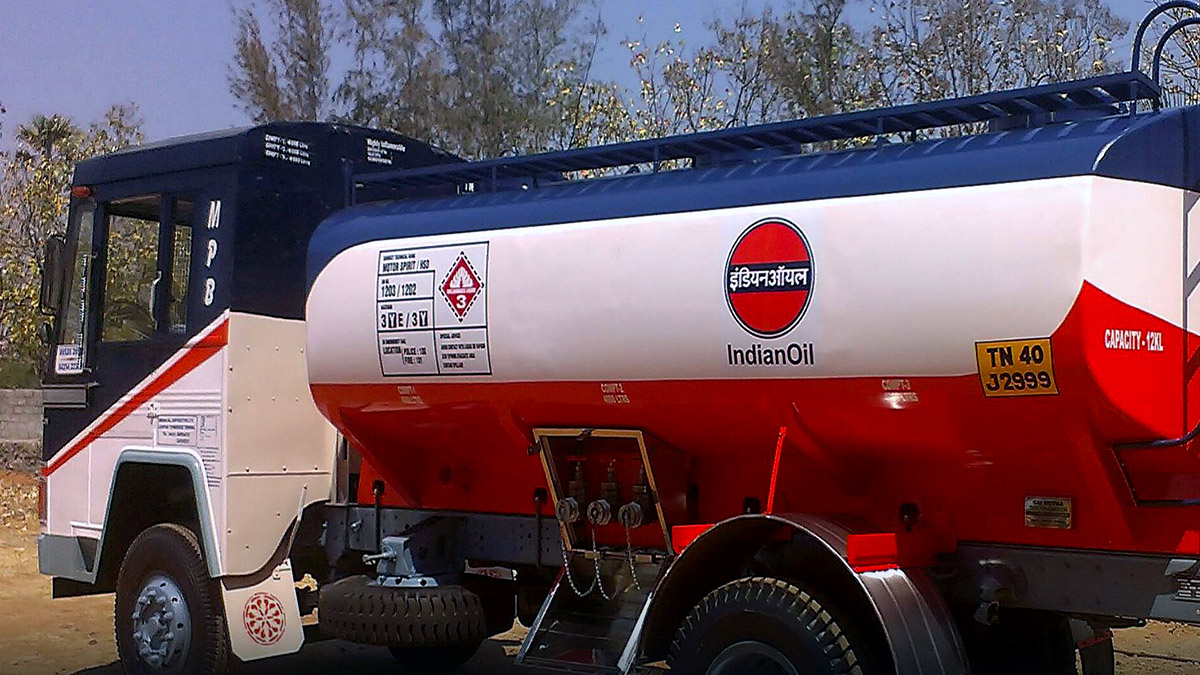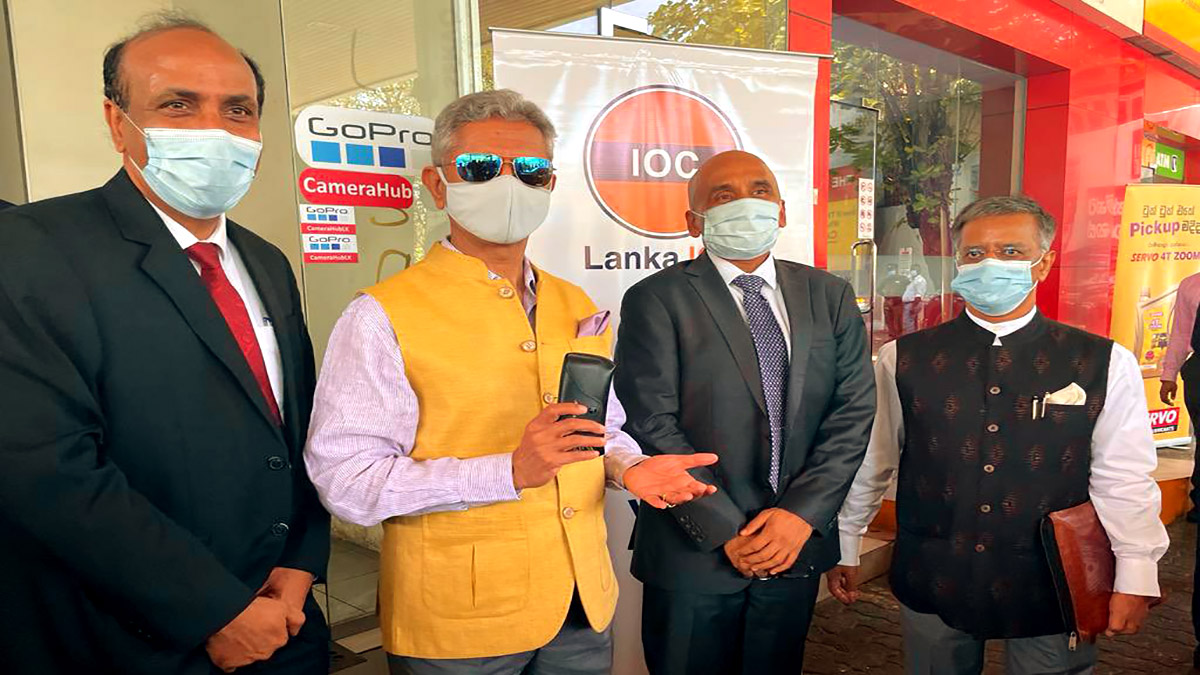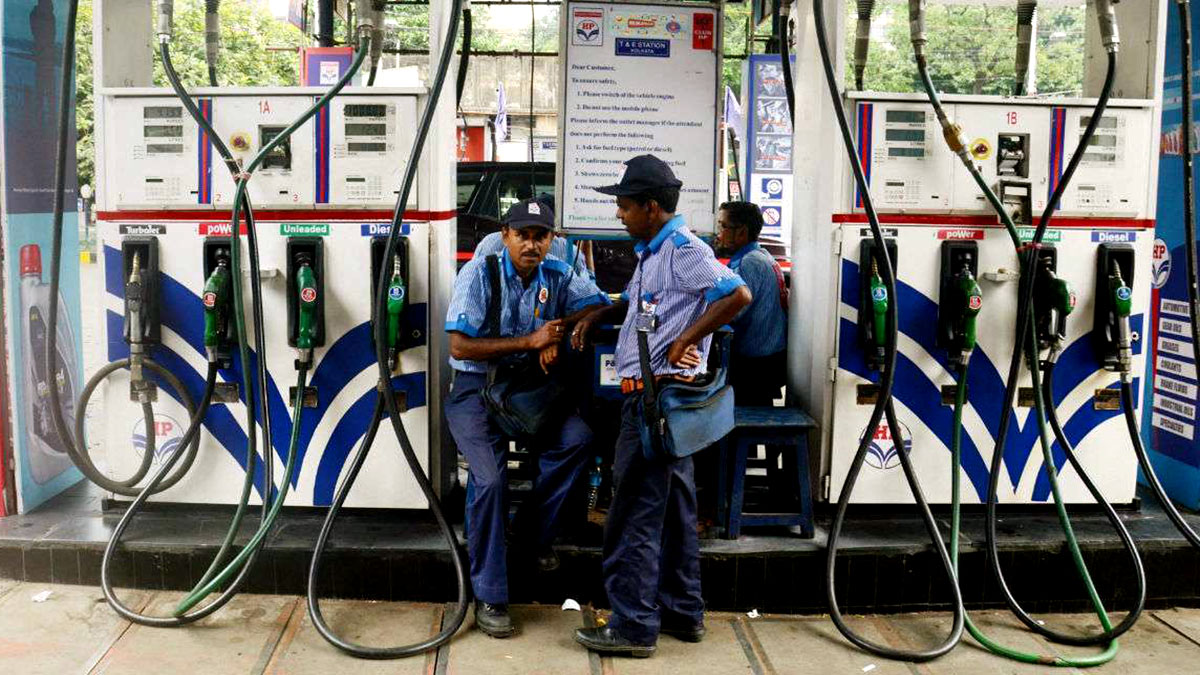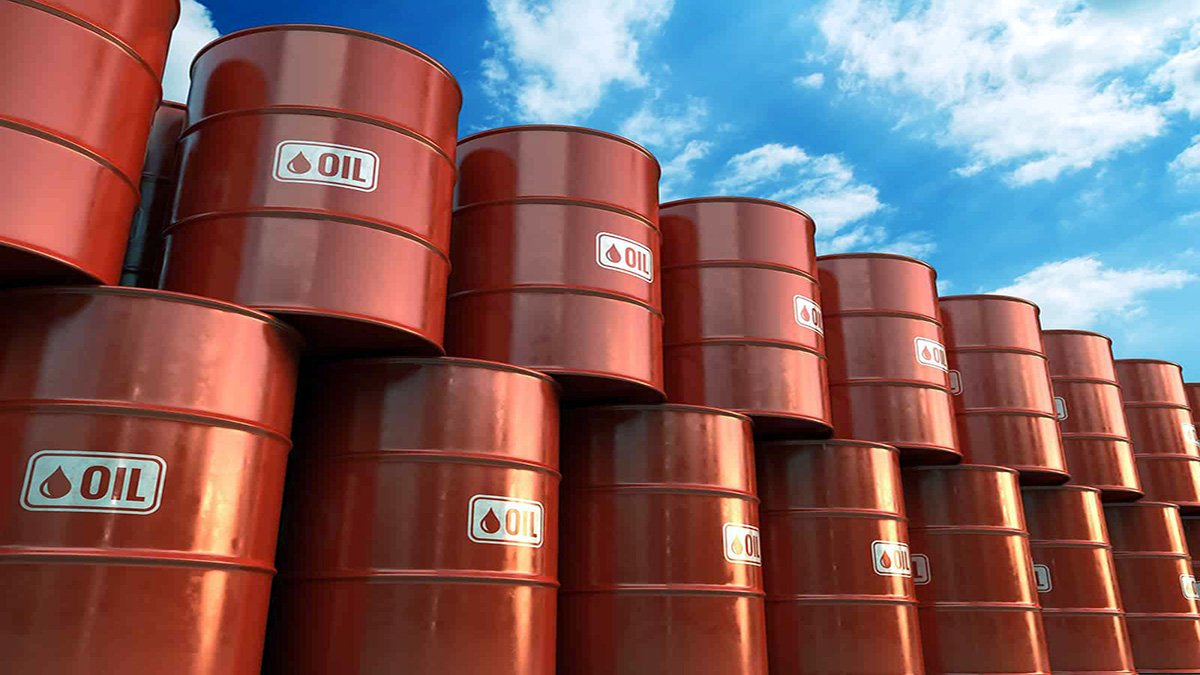Lanka Indian Oil Company (LIOC), the Sri Lanka IOC subsidiary of India’s oil major Indian Oil Corporation has hiked the retail prices of petrol and diesel with effect from Friday due to the significant depreciation of the Sri Lankan Rupee, the third time the firm has increased fuel prices in a month.
LIOC said that the retail price of diesel was raised by Rs 75 per litre and petrol by Rs 50 per litre.
With this increase, the price of petrol has shot up to Rs 254 per litre and diesel to Rs 214 respectively, an unprecedented high in fuel prices that comes at a time when the island nation is currently in the midst of its worst economic crisis in decades.
“The Sri Lankan Rupee has depreciated twice in the span of seven days by Rs 57 against the US Dollar. This has directly impacted the cost of oil and gasoline products, making them dearer by an equivalent amount per litre. Oil and gas prices are also surging as western countries are responding to Moscow’s invasion with numerous sanctions to isolate Russia and cut it off from the global oil markets,” Manoj Gupta, Managing Director of LIOC said.
LIOC does not receive any subsidy from the Sri Lankan government and its losses are calculated based on actual landed cost of the product after considering payment of applicable duties, taxes and other statutory levies including handling charges.
“Our current losses are exorbitantly high considering current international prices, leaving no other option but to increase the prices of gas oil and gasoline. However, it is a painful reality that even after this price increase, there would still be heavy losses at the prevailing international prices,” Gupta added.
State-run fuel distributor Ceylon Petroleum Corporation, which is a competitor to LIOC, has not announced any price hike so far.
Last month, the Sri Lankan government had decided to purchase 40,000 metric tonnes each of petrol and diesel from the Indian Oil Corporation as part of its ongoing efforts to tide over the current fuel and energy crisis.
The Lanka IOC, the Sri Lankan subsidiary of India’s oil major Indian Oil Corporation, has been in operation in Sri Lanka IOC since 2002.
Sri Lanka in the recent weeks has been mulling different options to facilitate measures to prevent fuel pumps from going dry, as the country was faced with a severe foreign exchange crisis to pay for its imports.
When the crisis loomed, the government approached the LIOC to import fuel. The LIOC had earlier declined the request, as they themselves were affected by the shortage of foreign currency to import.
Sri Lanka is currently facing a severe foreign exchange crisis with falling reserves. The country is grappling with a shortage of almost all essentials, due to the lack of dollars to pay for the imports.
Additionally, power cuts are imposed at peak hours as the state power entity is unable to obtain fuel to run turbines. The state fuel entity has stopped oil supplies, as the electricity board has large unpaid bills.
The only refinery was recently shut as it was unable to pay dollars for crude imports. In January this year, the Indian government had announced a billion-dollar assistance package in addition to other balance of payment support to Sri Lanka.


